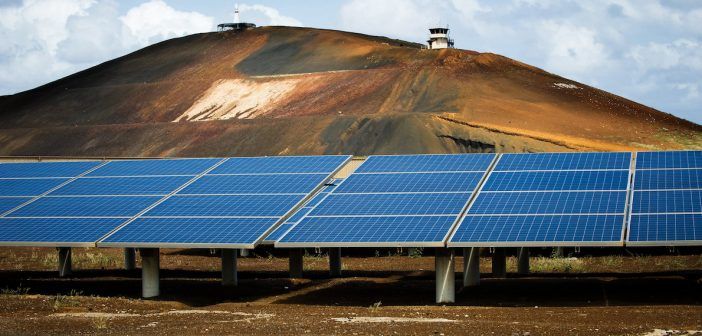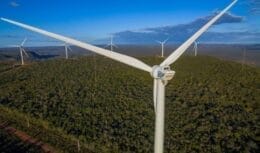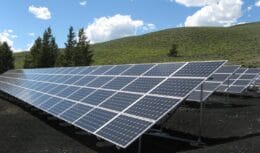
Renewable energy has been proving to be one of the most economical alternatives on the market, would this be the solution to help during the dry period in the rural area?
The concept of solving rural poverty with renewable energy seems foreign in the countryside. The problems that affect renewable energy, such as cost, efficiency and return on investment, make it virtually unsuitable for poor rural environments. After all, it is in places like this that there is almost no opportunity for such bold initiatives. However, in Brazil, where an abundance of renewable resources such as hydroelectric power and sugarcane (ethanol) generate electricity every day, the country is optimistic about solving one problem with another.
Read also
- Investments in solar energy generation in the rural sector in Brazil exceed R$ 1,2 billion
- In Pernambuco, wind tower breaks and scares residents
- Porto do Açú will be the most important development in Brazil in 2018, says Michel Temer in live video
- Binding phase for the sale of wind energy companies in RN is started by Petrobras
Common countryside problem and a localized solution
A typical problem faced by impoverished communities such as those in Brazil is that households have little or no access to electricity. These villages are underdeveloped and outside the national grid; their location in the countryside would make centralized electricity expensive, and yet these families make far less money than typical urban homes.
Fortunately, a variety of available renewable resources, such as geothermal, solar, and wind energy, are localized, not requiring expensive connection to a centralized grid.
Despite the expensive upfront price, these features are quite inexpensive to maintain, which is perfect for the country's developing rural communities. The main challenge in deploying these forms of energy is the initial cost.
Power of Renewable Energy in Geography
Interestingly, Brazil's scenario may provide a solution to their problems. Due to its extensive coastline, Brazil has excellent access to wind power and a variety of flowing rivers, including several tributaries of the Amazon River.
Hydroelectric power is plentiful, supplying 12% of the nation in 2016. The country's current environmental conflicts over the Amazon rainforest, Brazil has an extensive history of responsible use of its natural resources.
Over the years, while explicitly stating that its primary objective is universal access to electricity, the government has also focused on implementing strategies that utilize the country's renewable resources. International bodies see this as a wise decision morally, strategically and economically. For example, he would implement a system located in the countryside.
How can renewable energy change the lives of Brazilians?
In rural Brazilian communities, basic access to electricity can change the lives of millions of poor families. Issues such as floods, droughts and availability of arable land affect Brazil's poorest rural areas.
Optimistically, studies on the subject show that the increase in available technology not only increases agricultural productivity, but also allows for safer preservation of the food grown, not to mention easier access to potable water.
Despite the optimism regarding technology-based solutions, the country still has much to do to solve rural poverty. In the Northeast, a predominantly rural region, 7,5 million people live in extreme poverty. Exclusion remains the biggest challenge for these people.
However, the implementation of bold projects by the government and private organizations is starting to show positive signs. An initiative to bring water to the state of Ceará improved the quality of life of 100% of the affected citizens.
The government hopes that these people will have more opportunities to access electricity and, so far, the solution to this problem is renewable energy.














Finally the Toyota Yaris Cross…
Oceânica opens several vacancies…
Moto 0 from Honda that…
Great News for Rio…
Work in Switzerland and earn…
Nice initiative, but in Brazil all…
"weak engine" Do you want to race with…
Rafaela Fabris, journalist specializing in the naval industry…
Technology today is focused on vehicles…
Demilitarized countries, such as Japan, Germany, among others,…
Today's defamers are the same...
Hi, I would love to learn how to communicate…
I have a Pop and I don’t recommend it for…